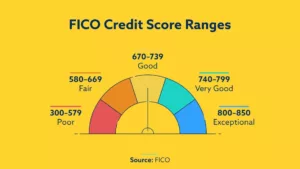The statute of limitations on debt in Ohio limits creditors and debt collectors from collecting a debt after a specific time period. Once the statute has expired the debt becomes legally uncollectible. Creditors and debt collectors may still pursue payment but you cannot be legally sued for the debt.
However, makin g a payment, acknowledging you owe the debt or making a written promise to pay the debt can renew the statute of limitations. Be careful when speaking with creditors and debt collectors about old debt because they are aware you have no legal obligation to pay debt that has passed the statute of limitations. *Disclaimer: The accuracy of this information is not guaranteed, check your State's Statutes directly to ensure up-to-date information.
g a payment, acknowledging you owe the debt or making a written promise to pay the debt can renew the statute of limitations. Be careful when speaking with creditors and debt collectors about old debt because they are aware you have no legal obligation to pay debt that has passed the statute of limitations. *Disclaimer: The accuracy of this information is not guaranteed, check your State's Statutes directly to ensure up-to-date information.
Oral Contract: 6 years
Written Contract: 15 years
Promissory Note: 15 years
Open-Ended Accounts: 6 years
Collection Agency Bond Required: No
Collection Agency License Required: No











